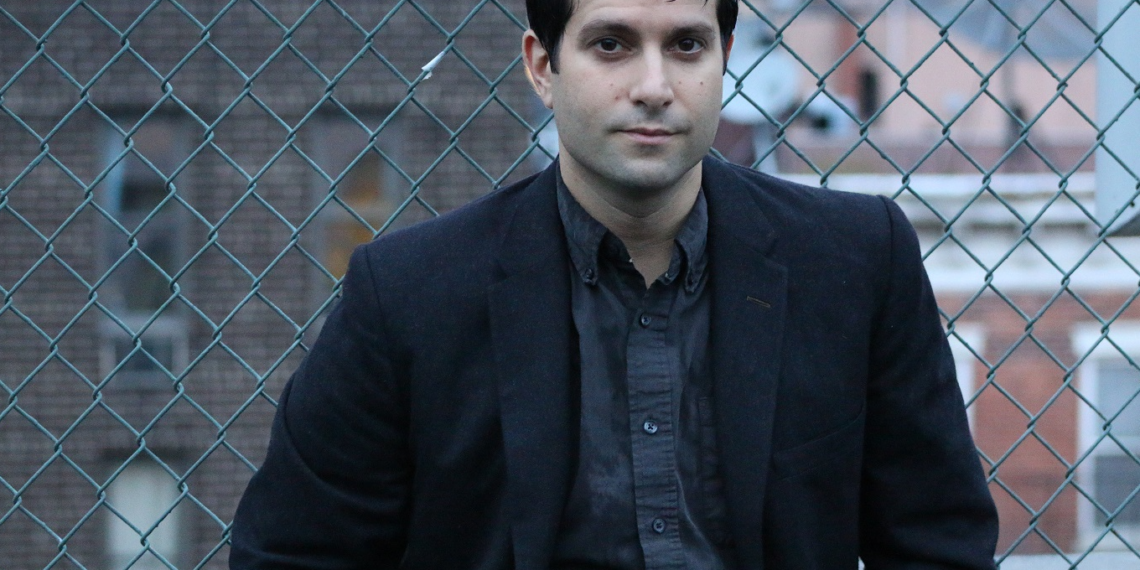by Will Jones, Daily Sceptic:

Writer Jacob Siegel has talked to UnHerd‘s Freddie Sayers about America’s new censorship complex. In a 13,000 word essay for Tablet, Siegel (pictured) explains how ‘disinformation’ is an invention that has morphed into a tool of governance. He told Sayers:
Disinformation is a means by which the Government in cooperation with private tech companies and civil society, NGO groups, censors, uses extra-legal means to censor political discourse around issues like Covid vaccinations, lockdowns, the elections. And in the U.S., it’s a free-for-all. It’s a blank cheque to censor anything. So on one level, disinformation is ostensibly censorship in order to protect national security. In a larger sense, that machinery of censorship is not opportunistically looking to erase certain things from the public record that are unflattering to political elites. It’s actually rather more than that. It is a means of governance. It is a system of power. It is its own system of power, outside of the formal, official — in the U.S., constitutional — means by which the Government is supposed to operate.
TRUTH LIVES on at https://sgtreport.tv/
How did this ‘tool of governance’ become so mainstream, asks Sayers? The U.S. Government, Siegel points out, has long engaged in promoting disinformation of its own, but the ‘war on disinformation’ was begun by Barack Obama. One of the last things the former President did while in office was sign into law the ‘Countering Foreign Disinformation Act’, which fully committed the U.S. to a counter-disinformation campaign, which according to Siegel “was really always in spirit, and very quickly in practice as well, an information war directed against the American people”.
Siegel continues:
There was originally this foreign dimension… But from the very beginning, ‘foreign’ is a kind of ruse that’s setting up what is actually a much larger, effectively omni-directional structure, because the internet is global, that can censor anywhere but which is, in practice, focused on the domestic political environment inside the U.S. and specifically on this populist surge, which is taken as an existential threat by the ruling party officials in the U.S. who see populism in truly apocalyptic terms.
Siegel argues that the consequences of this censorship for American society should not to be minimised:
The system of secrecy and the Government’s own promotion of conspiracies, like the idea that Donald Trump was an agent of Vladimir Putin or a Russian stooge, which the U.S. intelligence agencies promoted. It’s not simply that they are wrong or pernicious, or that this reflects corruption. They actually drive people crazy. They deranged the political system. They ruin the ability for people to engage sanely and transparently in their own politics.



